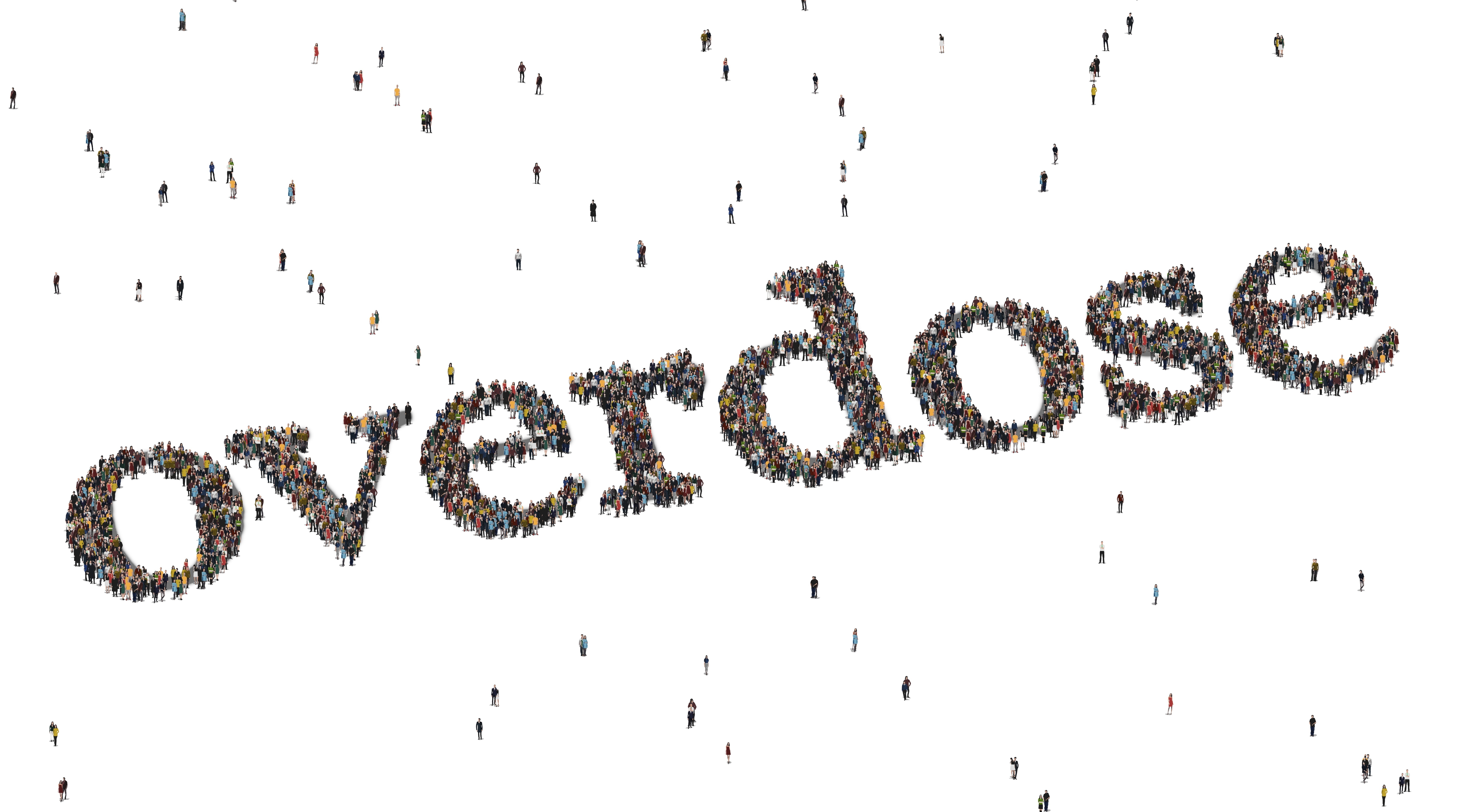
Here are the signs to look for indicating an overdose and what to do if you see them.
Drug overdoses have become an increasingly common occurrence and are an extremely serious problem in the U.S. In 2021, more than 106,000 people reportedly died due to drug overdoses, more than twice the amount of overdose deaths reported in 2015. Knowing what to do if you think someone has overdosed can be the difference between life and death.
What to Do If You Suspect an Overdose
If an overdose is caused by opioids, such as heroin or oxycontin, a drug known as Narcan (naloxone) can save the person’s life. If you suspect someone has overdosed on drugs, call 911 immediately and stay with the person. You should not be afraid to call for help for fear of getting in trouble. The best thing you can do for the other person, and for yourself, is to seek immediate medical help.
Narcan is usually available in every emergency kit. If Narcan s available, administer it to the person by following the instructions on the container while you wait for emergency help. If you do not know how to use it, tell the 911 operator you have Narcan available and ask them to give you instructions on how to use it.
If the person is not breathing, the 911 operator can also give you instructions on how to follow CPR protocols, which include doing pulse checks and rescue breathing, until the ambulance arrives.
Signs of Opioid Overdose
The first step in getting help for someone who has overdosed is recognizing the signs of an opioid overdose. These include:
- Shallow breathing or not breathing at all
- Blue lips or fingertips
- Floppy arms and legs
- Disorientation
- Unresponsive to stimulus
- Unconscious
If you can’t wake someone and you suspect they may have taken opioids, don’t just assume they’re asleep. It’s important to get help right away because it can sometimes take hours for someone to die from an overdose. By getting help right away, you may save the person’s life.
The most effective way to help someone who may have overdosed is to call 911. Do not try to handle things on your own, hoping you can make it better. Trying to induce vomiting, getting the person to walk it off, putting the person in a cold shower, giving them stimulant drugs to “wake them up” or letting them sleep it off may cost the person their life. There is nothing you can successfully do to combat an overdose of opioids on your own, other than to administer Narcan if you have it and call 911 for emergency help. CPR protocols for rescue breathing and pulse checks should also be followed if needed.
“By most estimates, drug overdoses in Baton Rouge have increased from 28 in 2012 to 127 in 2019 and nearly 300 in 2022. The predominant reason for this increase is fentanyl-laced pills that have become much more prevalent. Taking even one of these pills on a night out can lead to death, which is why it is important to seek treatment or encourage others to pursue treatment for even minor addiction issues. Also, consider asking your doctor for a prescription of Narcan to have with you for emergencies should you experience someone suffering an overdose because it could save their life.”
Copyright 2023 © Baldwin Publishing, Inc. Health eCooks™ is a designated trademark of Baldwin Publishing, Inc. Cook eKitchen™ is a designated trademark of Baldwin Publishing, Inc. Any duplication or distribution of the information contained herein without the express approval of Baldwin Publishing, Inc. is strictly prohibited.
Date Last Reviewed: June 16, 2023
Editorial Review: Andrea Cohen, Editorial Director, Baldwin Publishing, Inc. Contact Editor
Medical Review: Perry Pitkow, MD
Learn more about Baldwin Publishing Inc. editorial policy, privacy policy, ADA compliance and sponsorship policy.
No information provided by Baldwin Publishing, Inc. in any article is a substitute for medical advice or treatment for any medical condition. Baldwin Publishing, Inc. strongly suggests that you use this information in consultation with your doctor or other health professional. Use or viewing of any Baldwin Publishing, Inc. article signifies your understanding and agreement to the disclaimer and acceptance of these terms of use.